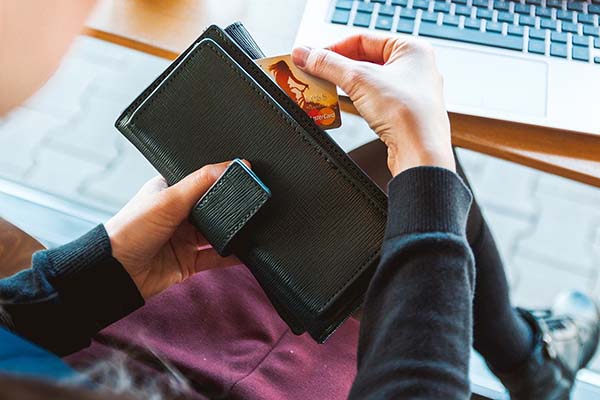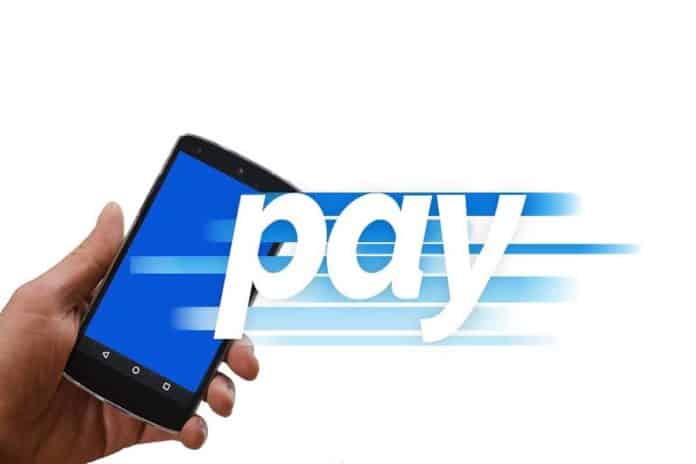Nobody in the world was prepared for the new normal we’re facing now. With governments prioritizing preventative measures to counter the spread of COVID, restrictions on public gatherings and establishments have been placed, with only essential businesses permitted to remain in operation.
After a year of uncertainty, there are still limitations in place, some of which cause businesses to close for good, affecting the population with job loss. Fortunately, if you’re one of the many people who lost their jobs due to the pandemic, there are still ways on how you can financially cope up. To help you out, here are multiple tips for paying your bills during a lockdown:
1. Inform Your Credit Card Company
If you have credit card debt, it’s advisable to inform your credit card company about your specific situation as far as making payments. Some creditors may be willing to lower interest rates to provide some leeway or a grace period. Depending on the circumstances, they may also be willing to pardon past due accounts. Hence, it’s a good idea to contact your creditor or bank directly to work out a feasible and agreeable solution.
2. Look For Opportunities Online
If you’ve been laid off or if your work hours are reduced, it’s still possible to supplement your income by working from home, either doing part-time or short-term contracts. Now that working from home has become normalized, there are many opportunities to make money online. For example, you can answer surveys through reliable platforms, such as Prize Rebel, and get paid for it.
Additionally, you can opt for more substantial options such as setting up services in demand during the pandemic like online teaching, electronic solution for contactless fintech, delivery or logistics, running errands, freelancing, and more.
3. Ask For A Payment Grace Period

Many individuals who lose their jobs are at risk of payment delinquency, losing their homes, vehicles, and other property and possessions. However, many agencies will grant a grace period on payments or payment holidays for those struggling to pay their bills and debts, depending on case-by-case circumstances.
Generally, there’s a specific deadline date for requesting a grace period on payments. Once the grace period is over, you’ll be expected to resume a feasible payment plan. The length of the grace period varies, but you always have the option of making payments earlier–prior to the end of the grace period.
4. Effectively Manage Finances
Prioritizing bills and tracking your dues will help you form a plan to help ease your debts. Here’s how you may manage your finances during the lockdown:
- Cut back on expenses and track income, especially unnecessary or luxury commodities. This way, you can allocate more money towards necessities, such as food, electricity, water, and so forth. You can also save money by cooking at home and keeping track of your grocery receipts, as well as collecting and using coupons.
- Communicate with your debt collectors to work out a reasonable payment plan, and then ensure that the collection process is accurate and ethical. Having a clear understanding of your financial situation is essential to keep your debts manageable and under control.
5. Inquire About Emergency Loans
Due to the circumstances brought about by COVID-19, some individuals are eligible for an emergency loan. Stimulus packages and the CARES act provide financial assistance and relief for those affected by the pandemic, whether it’s due to unemployment or going out of business.
6. Withdraw Funds From Your 401K
If you have no sources of immediate income and have limited funds, you may be qualified to withdraw USD$100,000 from your retirement account to pay your bills and stay on top of your debt payments. You may even be spared penalty fees if you meet certain criteria of eligibility, which include:
- You, your spouse, or your dependent has been officially diagnosed with COVID-19 by the CDC (Center for Disease Control and Prevention).
- You have been quarantined, furloughed, laid off, or your hours are reduced at your place of employment as a result of the pandemic.
- Your employment status has been affected by the lack of child care and daycare services.
- A business you own is no longer operational or hours of operation have been significantly reduced due to the pandemic.
7. Other Economically Viable Options
Government entities have been implementing economic safety nets for those who are struggling financially due to COVID. Flexible payment plans are also available for those who can’t pay their utility bills on time.
Additionally, households and small businesses are assessed for eligibility to receive hardship support and are protected from power outages and disconnection of essential services. You can also be eligible for having late fees and your interest waived due to financial hardship related to the pandemic.
In Conclusion
It can be very stressful and even overwhelming if you’re having difficulty paying your bills on time. As a solution, try to take a practical approach and learn about your most feasible options.
Essentially, there are many reasons why people have trouble paying bills and repaying debts on a timely basis, especially as a result of the pandemic. Also, there are various options and resources to help you pay your bills to the best of your ability.












